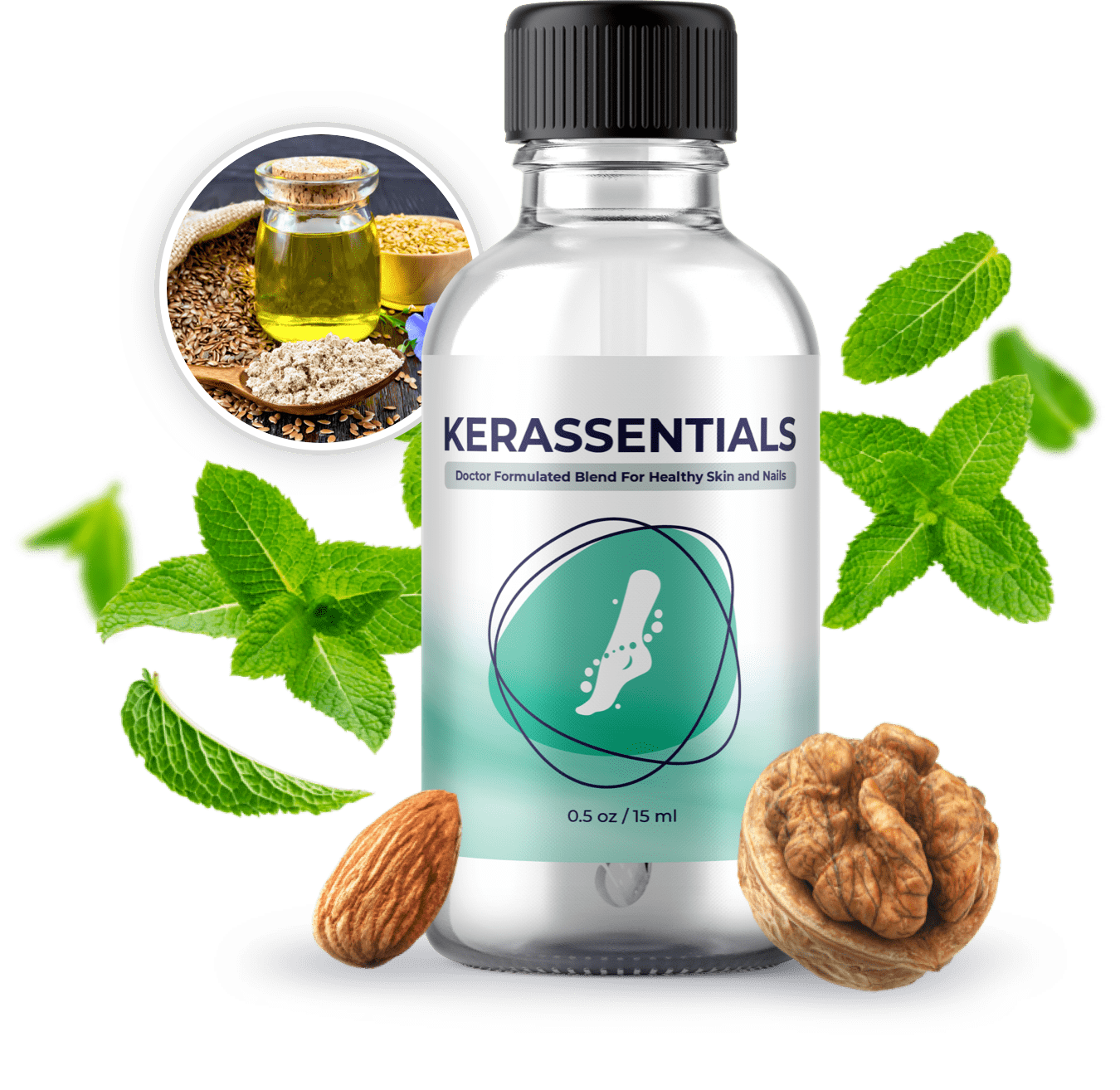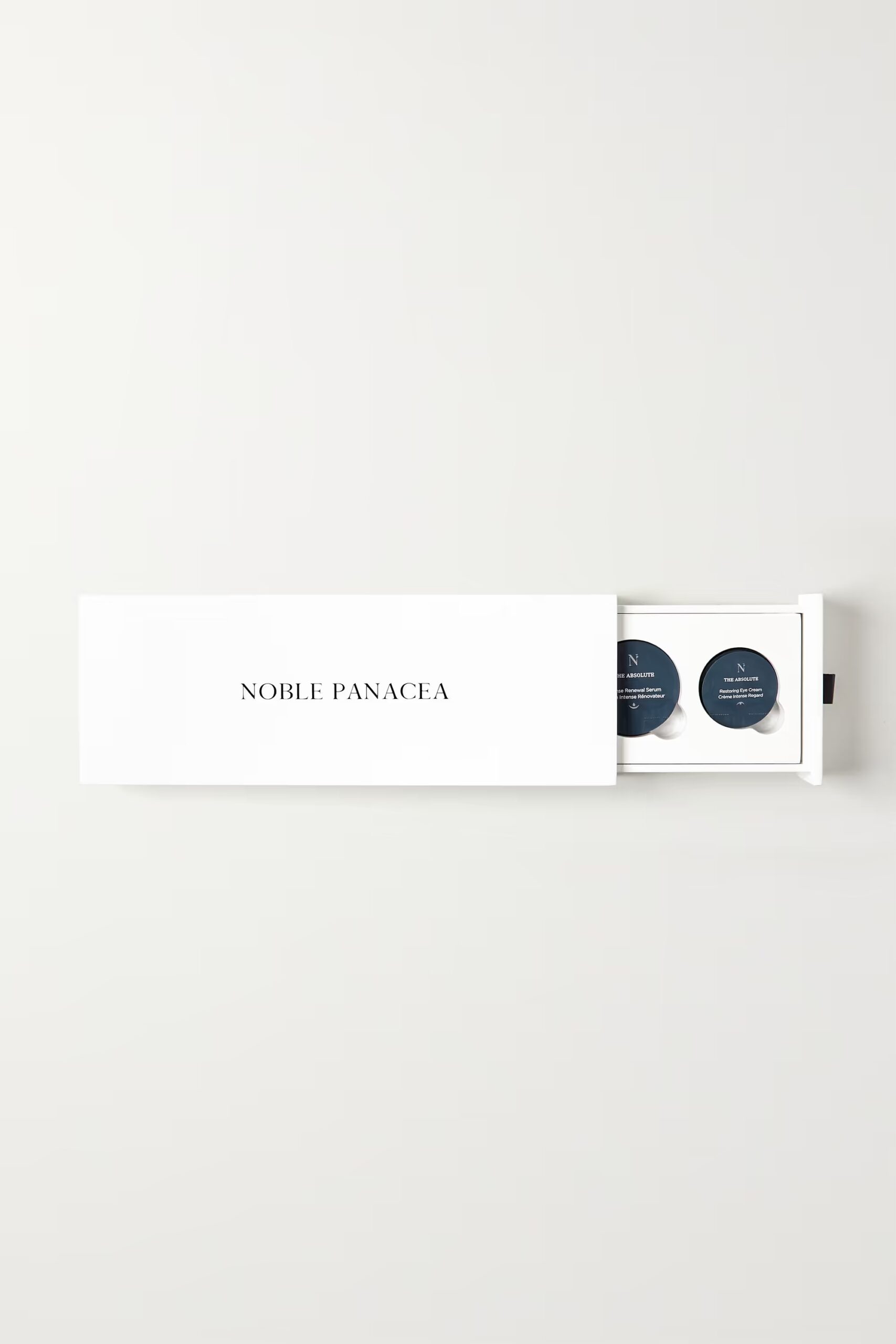Rihanna. Lady Gaga. Jennifer Aniston. Selena Gomez. We have no shortage of beauty brands created by celebrities, but in equal measure, the number of genius-level talent leaving behind jobs at NASA and MIT and bringing their Nobel Prize-winning knowledge to techy, next-wave skin care is mounting. And this revolution doesn’t appear to be stopping any time soon, as new players enter the game to one-up devices, ingredients, and the way actives get into our skin and hair.
While there can be arguments to be made that geniuses have always been behind the scenes, this trend of smarty-pants skin care kicked off in earnest in 2017 when Professor Augustinus Bader, one of the foremost experts in stem cell biology and regenerative medicine, applied what he’d learned treating burn patients to create his eponymous skin-care line, which quickly became a favorite in the world of luxury beauty. “As a medical doctor, I approached the creation of a skin-care product in a very different way,” he says. At the heart of the brand is a patented technology known as “TCF8” or “Trigger Factor Complex,” a blend of amino acids, vitamins, and compounds in all products.
“The complexity of translating medical technology into consumer skin care was situational. The hydrogel came from a situation where we had open skin wounds in a clinical setting,” he says. “It was complicated to change the approach for intact skin as it has to navigate the body’s natural healing code differently. After nearly two years of research and development, we found a unique solution, [TCF8], that provides a similar self-healing reaction.”
The line started with two creams—one medium-weight moisturizer and another rich moisturizer. Nearly five years later, the brand has expanded dramatically, not only selling a routine worth of skin-care products, hair-care products, and supplements. And the rest of the beauty world has been maneuvering to bring their equally genius brand founders to the forefront.
Here are the ones to know about in skin and hair care.
The Brands Revolutionizing Skin-Care Delivery Systems
Noble Panacea
Noble Panacea, founded by Nobel-Prize-winning scientist Sir Fraser Stoddart, hinges on a technology called Organic Super Molecular Vessel that is 10,000 times smaller than a skin cell. Its itty-bitty size allows ingredients like vitamin C and retinol to not only enter the complexion on application, but to also be distributed throughout the day via an extend-release mechanism. “As OSMVs travel through the skin once they are applied, each vessel is programmed to deliver an ingredient for absorption at the optimal moment with control over the course of the day or through the night,” Anne Chapas, MD, a dermatological advisor to Noble Panacea previously told Well+Good.
Matter of Fact
Harvard > K-pop star > Beauty genius. That’s the progression of Paul Baek, the founder and scientist behind Matter of Fact. At the heart of the brand’s technology is a patented delivery system called Actisolve, “which utilizes unconventional delivery systems to deliver research-backed actives to skin in ways that maximize efficacy and usability while minimizing irritation.”
This delivery system allows the brand to couple potent ingredients that usually aren’t stable with one another into a single product, for example, L-ascorbic acid (vitamin C) and retinol. It also has enabled a 20 percent L-ascorbic acid to be dissolved in a waterless delivery mechanism, which isn’t usually possible for concentrations over 12 percent, which coincidentally can also break it down, according to the brand.
“Pure vitamin C is also well known to be fragile and breaks down in the presence of light, air, and especially water,” Baek says. “Because these two things are at odds [(needing water to dissolve vitamin C and that water breaking it down)], the challenge was to find a way to dissolve high concentrations of vitamin C without the use of water to increase the stability and shelf-life, while maintaining efficacy and cosmetic elegance.”
The results of the brand’s delivery system were published in the Journal of Investigative Dermatology, a peer-reviewed medical journal showing “undiminished clinical efficacy” of vitamin C at the beginning and near the end of the sh
Recommended Story For You :
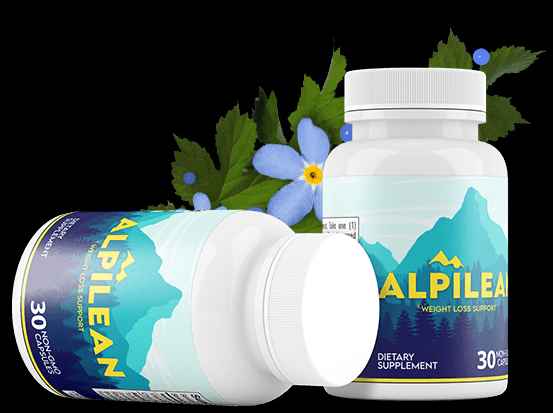
The alpine secret for healthy weight loss

The Most Potent Fast-Acting Formula For Incinerating Stubborn Fat

Real Cortexi Users Real Life‑Changing Results
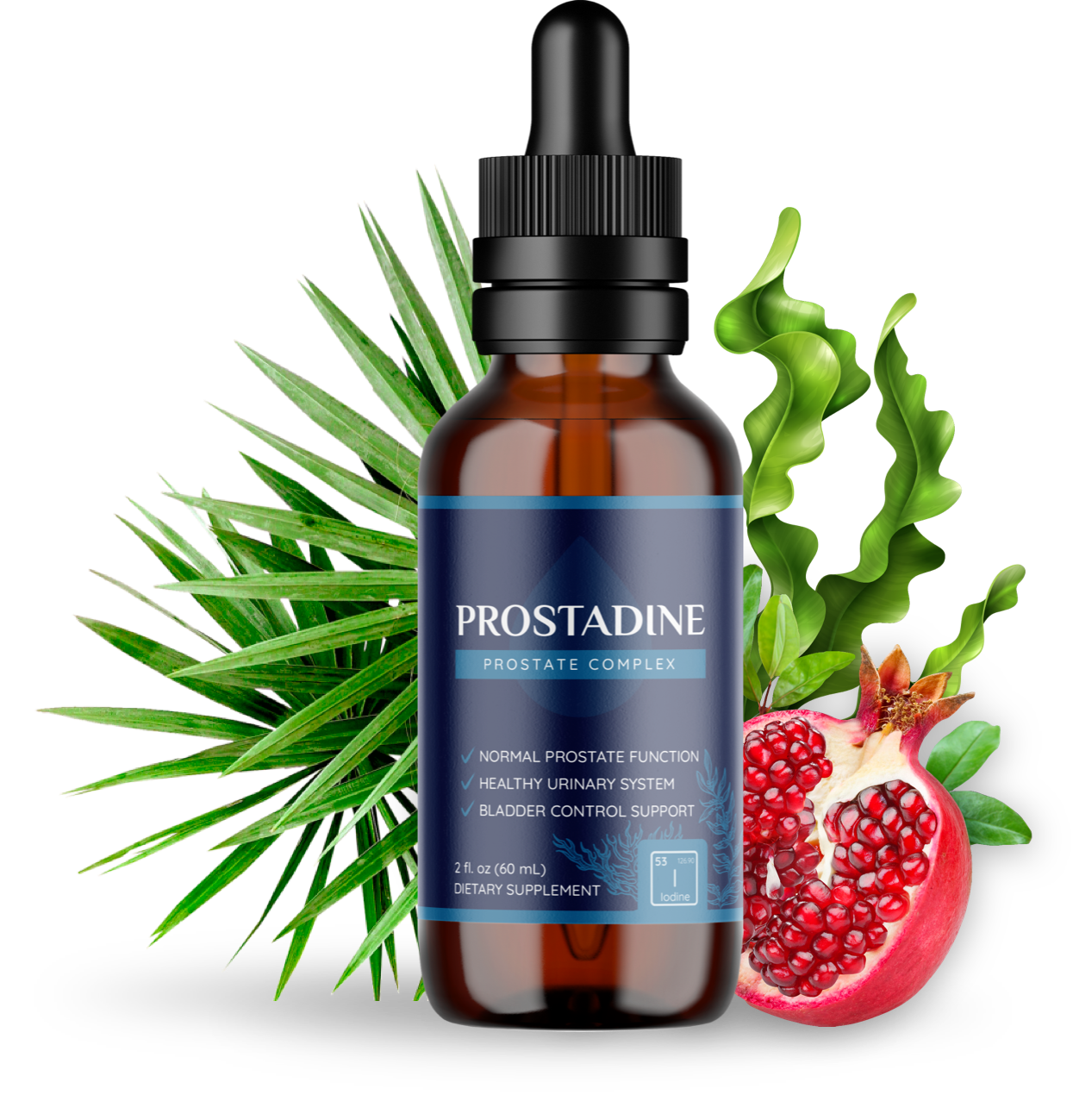
This Cold Drink Might Trigger Your Prostate
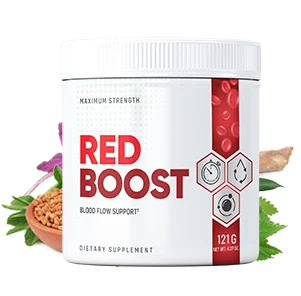
Red Boost is a powerful new formula for boosting male sexual health.
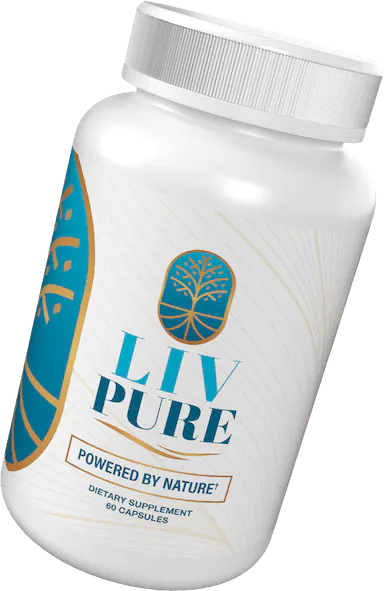
Everything you eat or drink eventually reaches your liver for processing.

Brand New Probiotics Specially Designed For The Health Of Your Teeth And Gums

Empowering You to Take Control of Your Blood Sugar Health!

Scientists Finally Discover the Root Cause of Belly Fat and Unexplained Weight Gain
